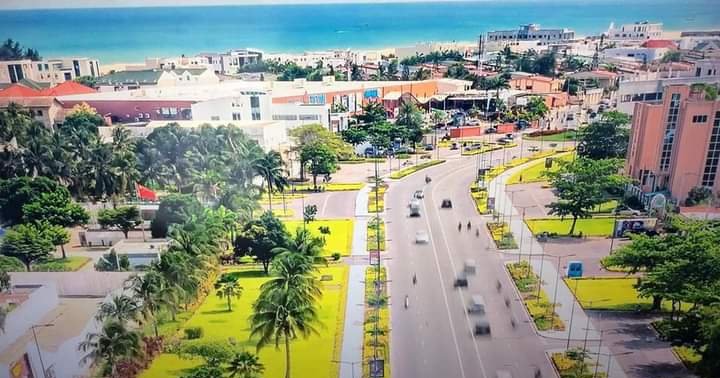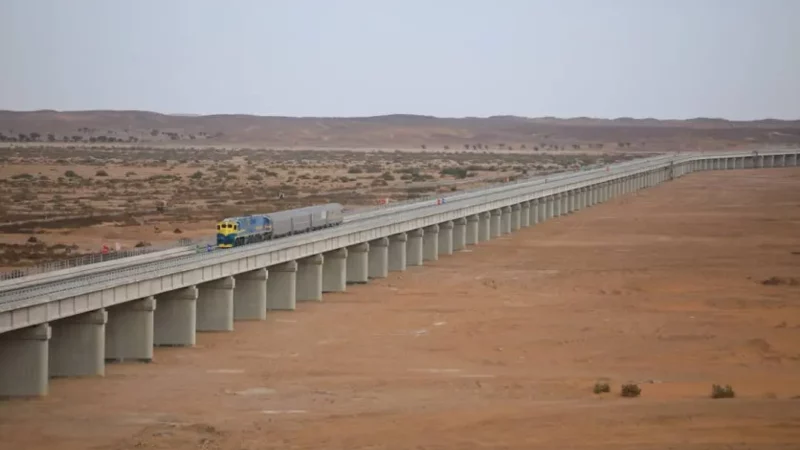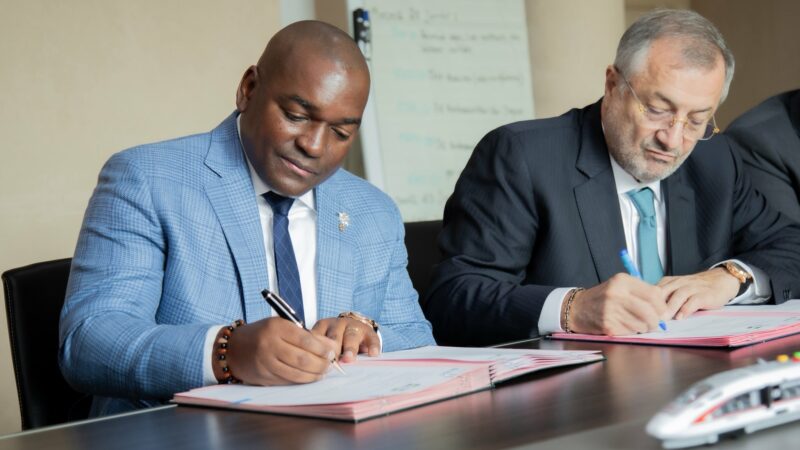Benin: $9.7 Billion for the Strategic Plan for Living Environment and Transport

In Benin, the transport and living environment sector is undergoing major transformation, with initiatives aimed at improving mobility, urbanization, and environmental management.
The government of Benin has approved the 2025–2029 strategic plan developed by the Ministry of Living Environment and Transport, in charge of Sustainable Development. The information was made public in the official communiqué of the Council of Ministers published on Wednesday, April 16, 2025.
The total budget allocated for the plan is estimated at 5,617.28 billion CFA francs (approximately $9.7 billion). More than half of the funding, 3,521.23 billion CFA francs, will come from national resources.
According to the communiqué, the plan aims to make Benin, by 2030, “a green country with a healthy and attractive living environment, and an economically efficient multimodal transport system.” This vision is built around four main pillars: strengthening sector governance; enhancing the attractiveness and competitiveness of human settlements; sustainable management of the environment and biodiversity; and improving transport infrastructure and services.
“This plan will be implemented through twelve strategic areas and five operational programs, broken down into nineteen actions,” the statement noted.
The transport and living environment sector in Benin is experiencing rapid changes, driven by efforts to improve mobility, urban development, and environmental management. The Beninese government has made transport infrastructure a strategic lever for national development.
Despite significant investments in recent years to expand the road network, the country continues to face challenges such as optimal traffic management—particularly in cities like Cotonou, Abomey-Calavi, and Porto-Novo—and a lack of diversity in transport modes, among other issues.
Several investments have been made to improve the living environment, including a social and affordable housing program valued at 340 billion CFA francs (around $590 million), climate adaptation initiatives for cities with a budget of 42 billion CFA francs, and the modernization of fecal sludge and wastewater management systems for an amount of 5 billion CFA francs.
According to a World Bank report, continued investment in the development and modernization of roads and ports could help transform Benin’s economy, raise workers’ incomes, and improve the population’s quality of life
Source : Agence Ecofin





